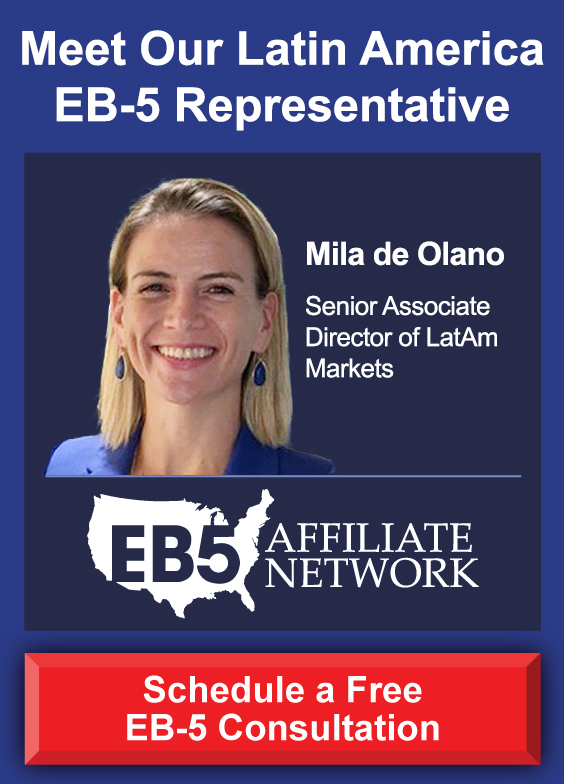
One of the most troublesome requirements of the EB-5 Immigrant Investor Program for investors is the source of funds requirement. EB-5 investors must demonstrate in their I-526 petition that they have obtained all their EB-5 capital from lawful sources. Depending on the sources an investor uses, the process of collecting the necessary documentation can be time-consuming and difficult.
EB-5 applicants must invest, at a minimum, $1.8 million or $900,000, depending on whether their project is in a targeted employment area (TEA). While these are large sums, prospective investors should bear in mind that they don’t need to have the entire amount available in liquid funds right from the beginning. Many EB-5 investors sell properties or other assets to liquidize capital for their investment.
Below are a few common sources investors use for EB-5 capital:
- Wage and salary earnings
- Revenue from a business
- Inheritance money
- Donations from family
- Investments in stocks, retirement funds, and other assets
- Sale of property and other assets
- Loans, whether from friends or relatives, a financial institution, a business, or another source
Many EB-5 investors use a combination of the above sources to liquidize enough funds for their investment. The difficult part is proving that they came from lawful sources, a process that can significantly delay an investor’s EB-5 journey. Investors should speak with an immigration lawyer highly familiar with the EB-5 program to determine the best funds to use to ensure a relatively easy and minimally stressful process of proving the legality of the capital.
For young investors, gifts are a common source of funds. Parents often donate the necessary investment funds to their child to allow them to pursue U.S. permanent residency through the EB-5 program. This is an especially attractive option to anyone hoping to study at one of the world-renowned universities in the United States. EB-5 visa holders may even be eligible for in-state tuition savings, depending on the college they enroll in.










